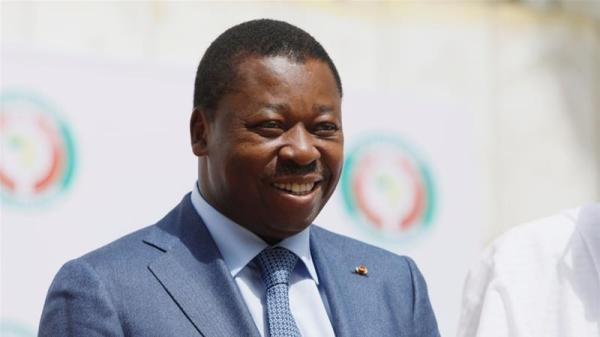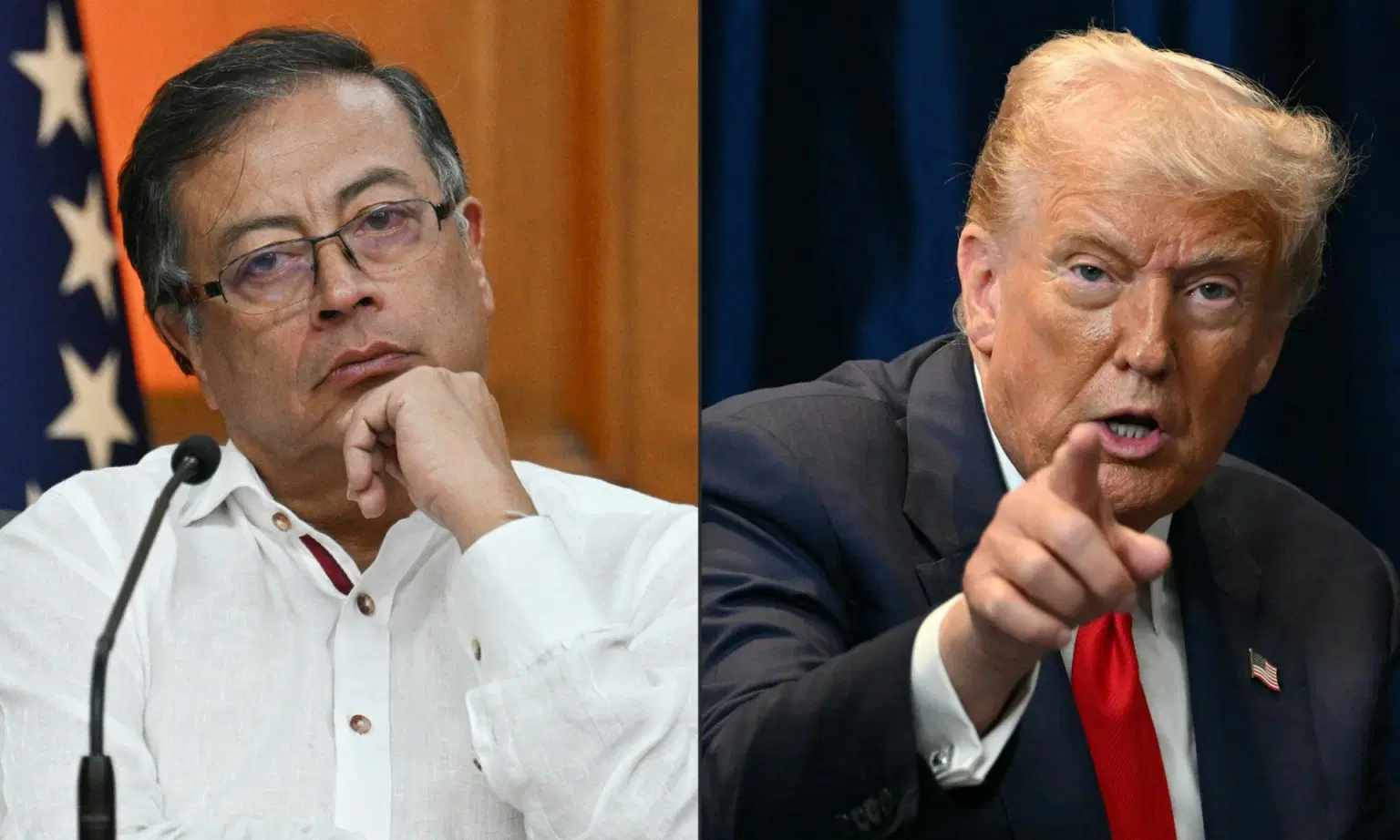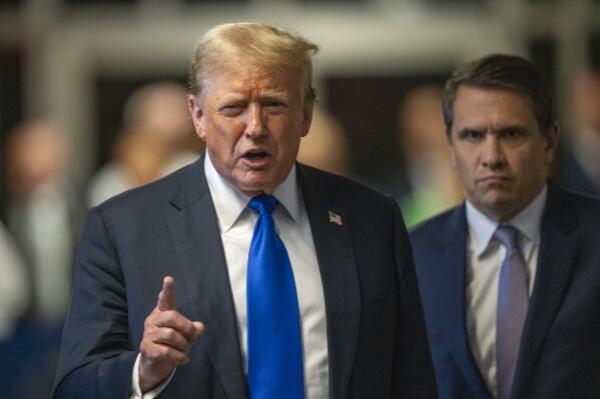
After nearly a week of growing public discontent, the Togolese presidency announced that the controversial constitutional reform bill will be tabled again in Parliament.
In a statement unveiled on March 29, the office of President Faure Gnassingbé invokes the "interest aroused" by the adoption of the bill and the "perfectible nature of the law" to justify the request for a "second reading".
The legislation, initially passed by parliament on March 25, has faced criticism from opposition parties who view it as a ploy to consolidate Gnassingbe's domination over the structure of power in Togo.
Gnassingbé has ruled the country since 2005. Before that, he's father was in charge.
The proposed Constitution grants parliament the power to choose the president, doing away with direct elections. This makes it likely that Gnassingbé would be re-elected when his mandate expires in 2025.
Instead of a renewable 5-year term, the proposed bill restricts the power of future presidents and introduces a one-term limit. Instead, it hands over greater power to a figure similar to a prime minister, officially called the president of the council of minister. But opposition fears the role could become another avenue for Gnassingbé to extend his grip on power.





















